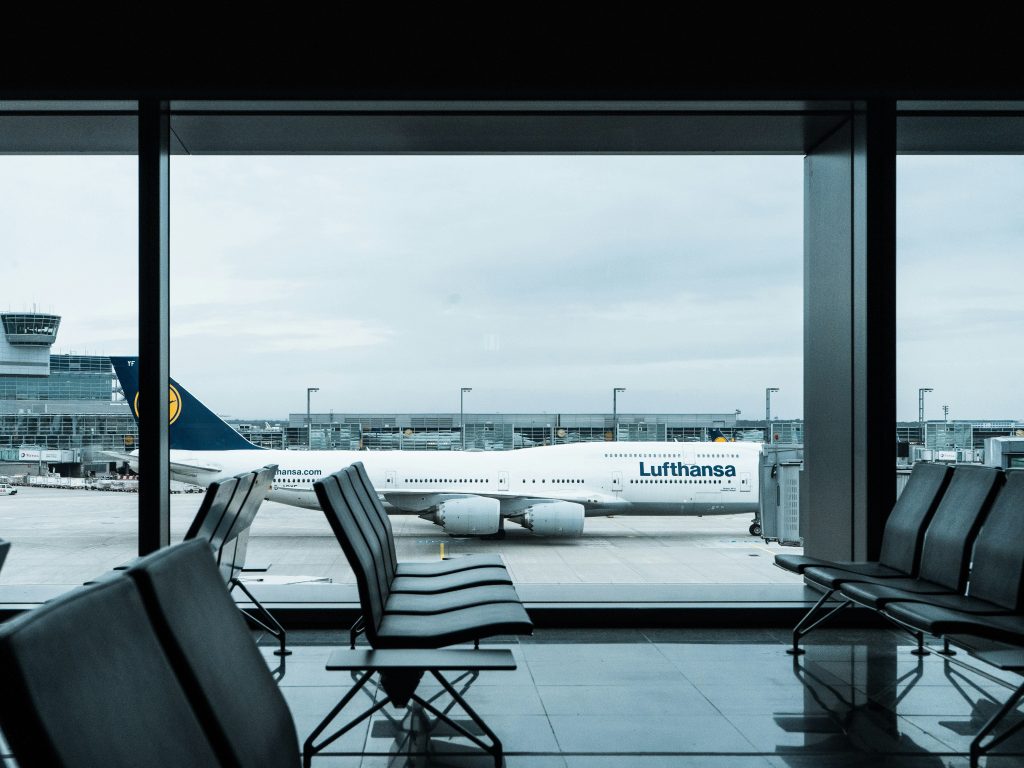The rise of remote work has changed how companies operate. Meetings are now held over video calls. Projects move forward through cloud-based collaboration tools. Travel budgets have been trimmed.
But is business travel still relevant? Many believe the answer is yes, though its purpose has evolved.
The Shift to Remote Work
Before 2020, business travel was a normal part of corporate life. Sales meetings, conferences, site visits, and training sessions often required flights and hotel stays. Then the pandemic forced businesses to adapt. Remote work became the default for many. Technology filled the gap, making it possible to connect from anywhere.
However, remote work has not replaced every benefit of face-to-face interaction. Digital tools are efficient, but they lack the depth of in-person communication. This is where business travel services still play a role.
Why Face-to-Face Still Matters
When colleagues meet in person, they build trust faster. Eye contact, body language, and shared experiences help strengthen professional relationships. This is especially true for new partnerships or high-stakes negotiations.
A handshake cannot be sent over email, nor can a tour of a manufacturing facility be replicated through a video call. Certain discussions, such as those involving sensitive information, also benefit from private, in-person settings.
Even internal teams can benefit from occasional travel. Meeting in the same room helps align vision and improve collaboration. It often sparks creative problem-solving in ways that remote meetings struggle to achieve.
The Changing Role of Business Travel
While business travel has not disappeared, its role has shifted. Today, companies are more selective about when and why they travel and trips must justify the cost and time away from work.
Travel is now more focused on:
- Building or strengthening relationships
- Closing significant deals
- Attending industry events for networking
- Conducting hands-on training or inspections
This shift has reduced unnecessary trips but has also made the remaining travel more purposeful.
The ROI of Business Travel
Return on investment (ROI) is now a central question for any travel decision. Businesses ask: Will this trip produce measurable value? The answer often depends on the nature of the work.
For example, meeting a potential client in person could be the difference between winning and losing a contract. Attending a key industry conference may lead to partnerships that drive revenue for years. These outcomes can far outweigh the travel cost.
On the other hand, if the objective can be achieved just as well online, travel may not be worth it. The remote work era has made companies more conscious of this balance.
Technology’s Role in Redefining Travel
Digital tools have made business travel more strategic. Virtual meetings can handle routine check-ins, saving travel for moments that require physical presence.
Hybrid approaches are becoming popular: teams might hold quarterly in-person meetings while handling weekly updates online. This reduces costs while keeping the benefits of face-to-face contact.
Technology also supports travel when it happens. Mobile apps streamline bookings, itineraries, and expense reporting. Cloud platforms allow teams to keep working seamlessly while some members are on the road.
Employee Preferences and Wellbeing
The remote work era has changed how employees view travel. For some, business trips are exciting opportunities to connect, explore new places, and break from routine. For others, travel can be disruptive, tiring, or stressful.
Companies are now more mindful of employee wellbeing when planning trips. They consider travel frequency, work-life balance, and personal preferences. This approach not only supports employee satisfaction but can also improve productivity during and after travel. This is where corporate travel planners can also play a role.
Sustainability and Travel Decisions
Sustainability is another factor influencing business travel. Reducing unnecessary trips lowers a company’s carbon footprint and many organisations now aim to align their travel policies with environmental goals.
This does not mean eliminating all travel. Instead, it means choosing trips with the greatest impact and exploring greener options, such as rail travel where possible or combining multiple meetings into one trip.
The Importance of Networking
One area where business travel continues to shine is networking. Industry events, trade shows, and conferences offer concentrated opportunities to meet decision-makers. These connections are often more valuable when formed in person.
Online networking has its place, but casual conversations over coffee or chance encounters in event halls are difficult to replicate virtually. These moments often lead to collaborations that might never happen in an online setting.
Sector-Specific Needs
The relevance of business travel also depends on the industry.
- Manufacturing and Engineering: Site inspections, factory visits, and equipment assessments often require in-person presence.
- Sales and Client Services: Relationship-building remains critical, and travel can tip the balance in competitive markets.
- Creative Industries: Brainstorming sessions and collaborative workshops often benefit from the energy of in-person gatherings.
- Healthcare and Science: Conferences and training sessions provide hands-on learning and access to cutting-edge developments.
Each sector must assess where travel delivers the most value.
Balancing Cost and Value
In the remote work era, companies face a balancing act. They must weigh the benefits of travel against the financial and environmental costs. This means developing clear travel policies that set guidelines for when in-person meetings are justified.
Many businesses now require a stronger case for travel approval. They also track post-trip outcomes to measure whether the investment paid off. This data-driven approach sees that travel remains a valuable tool rather than a default habit.
The Future of Business Travel
Going forward, business travel is likely to remain part of corporate life, but with a more strategic focus. Hybrid work models will keep reducing the need for frequent trips. However, in-person meetings will continue to play a key role in building trust, sealing deals, and fostering innovation.
We may see shorter, more targeted trips, often combining multiple objectives in a single journey. Technology will continue to support both remote and in-person work, making each travel decision a deliberate choice.
Final Thoughts
Business travel has changed, but it has not disappeared. The remote work era has made it more intentional and strategic, and therefore often more impactful. In-person connections still hold unique power, especially when trust and collaboration are at stake.
The challenge for companies is to find the right balance. By blending remote work efficiency with the irreplaceable benefits of face-to-face interaction, they can make business travel a tool for growth rather than an outdated habit.






